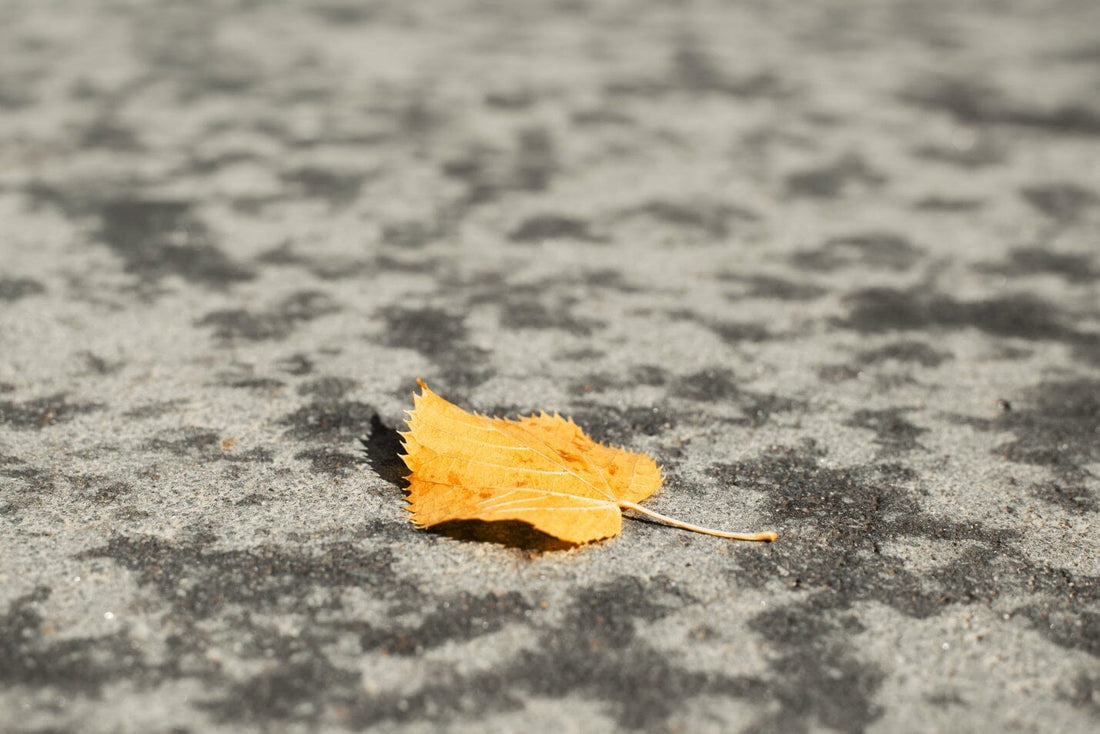Compost is important - it helps your plants flourish and thrive, as it's an essential part of their growth and production. But did you know that fall might be the best time to compost? This isn't just because of weather considerations - it's also because of the relative ease at which you can create compost with one important material: fallen leaves. Learn with Frame It All how you can start composting fall leaves and why it's great for your garden.

The Benefits of Composting in the Fall
So what makes composting in the fall so good for your garden? The answer is multifaceted, as numerous considerations and aspects can affect the health of your plants throughout the upcoming seasons. For example, composting in the fall helps you to enrich the soil, breaking down yard waste into rich compost that helps plants get ready for the springtime. Fallen leaves are a natural compost material that plants outside of domesticated environments thrive on because they are rich in carbon. They can take up to six months to decompose, however, so utilizing them in the fall is best. Not only will this method help you to reduce waste by keeping this organic matter out of landfills, but it also helps to reduce your environmental footprint, as leaves and other yard debris disposal can have impacts on our environment.
Best Yard Debris for Composting
It isn't just fallen leaves that are great for composting - it's other yard debris as well. In fact, most natural debris in your yard can be used for compost. Here are some examples to consider:
- Fallen leaves: Fallen leaves are rich in carbon and are essential for balancing compost. Nature uses fallen leaves to help plants grow, and so can you.
- Grass clippings: Grass clippings can add nitrogen to your compost for faster decomposition. This is a great option for areas with shorter seasons or colder winters.
- Small branches and twigs: It may be counterintuitive, but branches and twigs help to provide structure and aeration to your compost. As long as you don't use too many of them, they can keep your compost from smothering the earth and plants.
- Other yard waste: You can include dead plants in your compost but avoid diseased materials or weeds with seeds. This is a useful yet tricky step for expert composters - skip this if you're unsure of the material.

How to Prepare Leaves and Debris for Composting
So how do we get leaves and other debris ready to compost in your garden? Here are some easy-to-follow steps:
- Shred leaves: Speeds up decomposition and prevents matting. Use a leaf shredder or run over them with a lawnmower.
- Chop yard debris: Cut up branches and twigs for faster breakdown.
- Layer your materials: Alternate between carbon-rich (brown) and nitrogen-rich (green) materials.
By following these instructions, you can create a rich compost that's perfect for your garden. To make fall composting even easier, consider investing in elevated gardens from Frame It All which help you create a dedicated soil layer for all of your plants, flowers and crops. You can also store your compost in the 'Worm it All' worm composter bin for soil enrichment. Shop Frame It All today for all of your gardening and composting needs.

